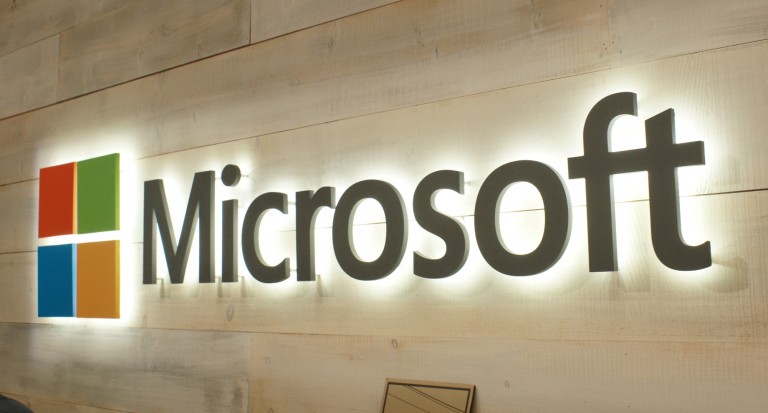
Microsoft Corporation (NASDAQ:MSFT) has encountered some problems in India with its White Space following a claim that the country’s government will not offer a spectrum without auction.
The company has been piloting the program in parts of India including the country’s southern state, Andhra Pradesh. The project was running smoothly until Ravi Shankar Prasad, the Minister of Communications and IT in India dropped a bombshell that would derail Microsoft’s progress. Mr. Prasad stated that the Indian government would not offer any spectrum unless there was an auction. He further added that only security and defense firms would be excluded from the requirement.
The Indian government has also formed a committee for a draft policy that will allow the government to monitor the project. The committee includes members of the government from the respective ministries involved as well as technology experts.
White Space is a project that Microsoft has been testing out as its solution to solve the internet problem, especially in rural areas. The technology giant takes advantage of unused TV spectrum to deliver wireless internet whose frequency has a wide range of up to 15 kilometres. Additionally, frequency waves are strong enough to pass through solid structures with ease, thus making it an ideal solution. Setting up the project is far more cost effective than laying thousands of miles of fibre meaning the company can use it to introduce the internet to more than 500,000 villages in India.
Microsoft has already been testing the project in Africa for quite some time where it is known as the 4Afrika initiative. Microsoft’s CEO Satya Nadella believes that his company is the right firm to solve the internet puzzle for rural Africa and India. He even talked about it with India’s Prime Minister Narendra Modi during the Prime Minister’s visit to Silicon Valley in 2015.
The government is not the only entity placing bumps for the project. The Cellular Operators Association of India (COAI) is also against the company because they believe the project will deprive them of a significant percentage of their revenues when users shift to apps for basic services such as calls.




